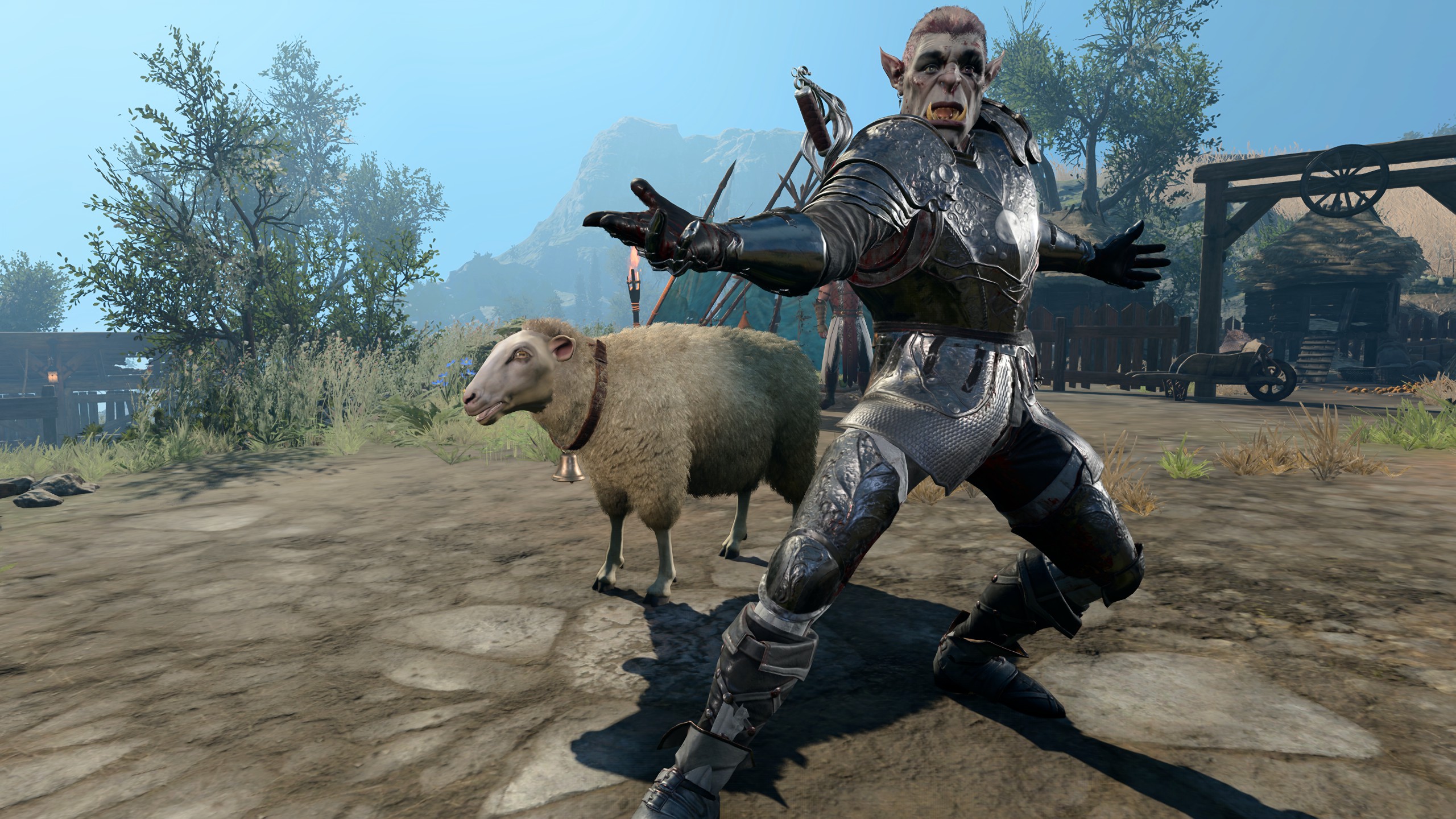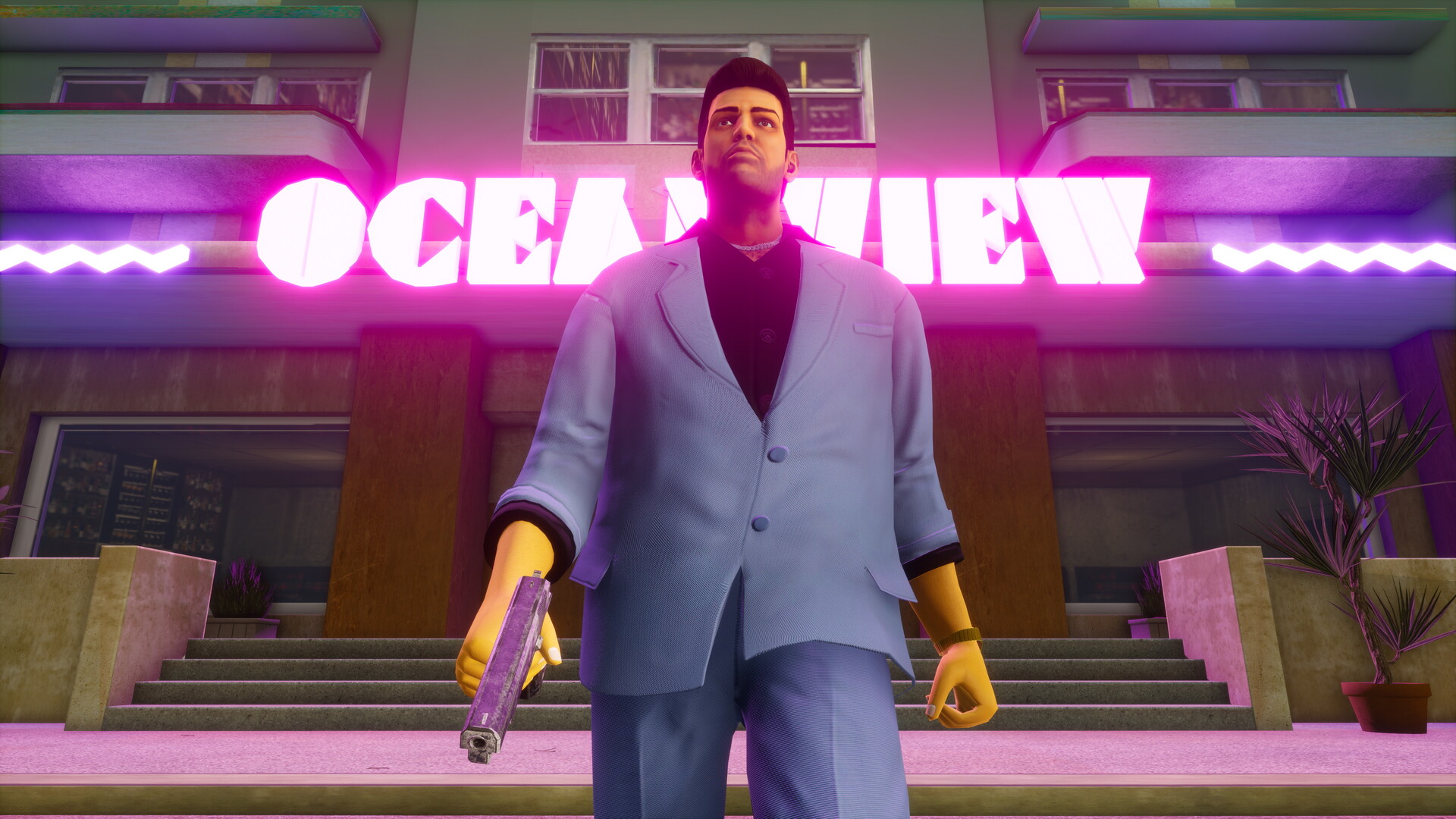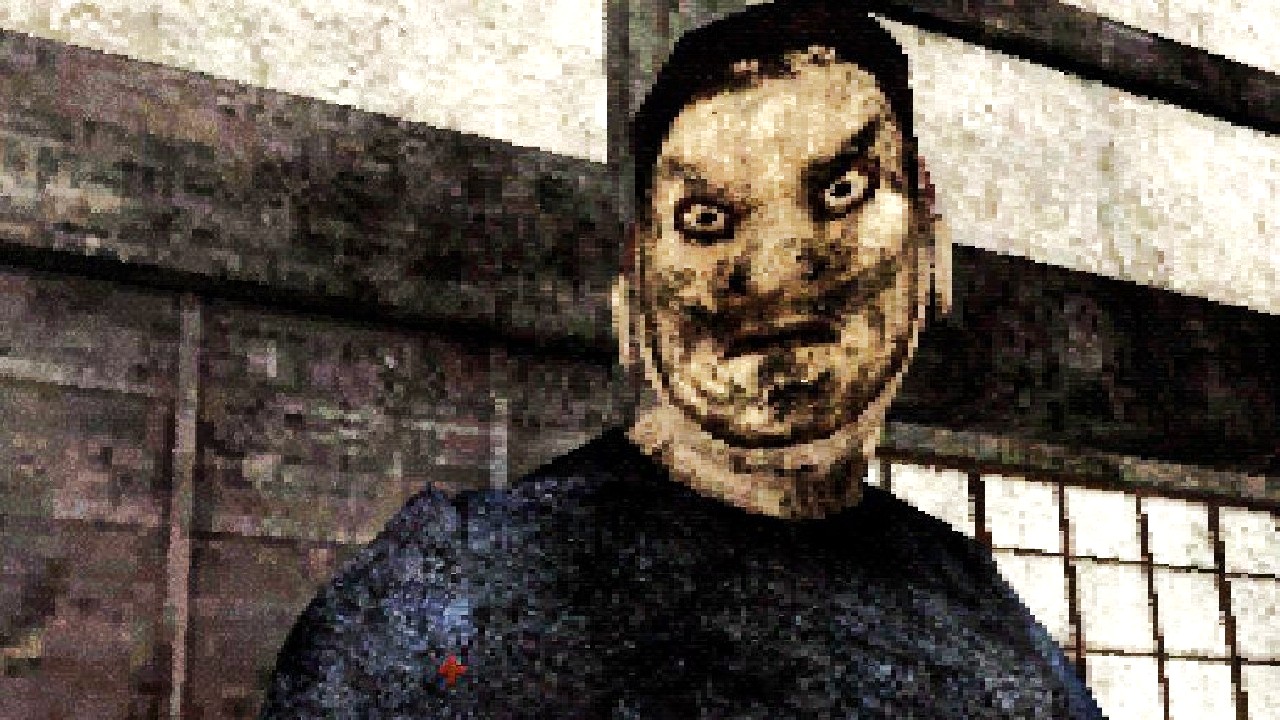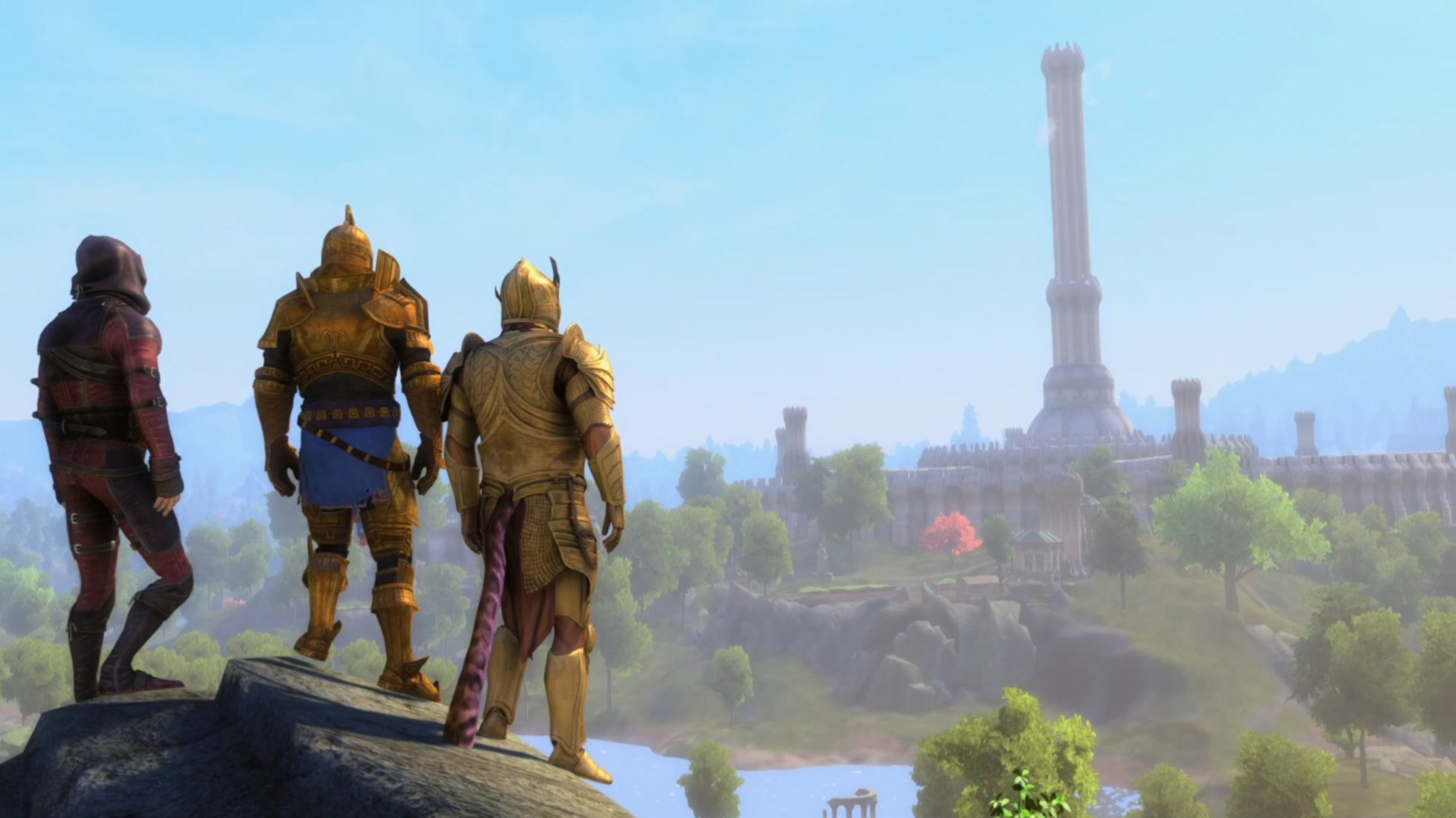
Harold and the Purple Crayon Review
Maybe it’s unfair to call out a bizarre, ugly, unlikable live-action rendition of a beloved children’s book like Harold and the Purple Crayon, for being illogical. It is, after all, a visual-effects laden comedy starring Zachary Levi as a grown-up man-child version of Crockett Johnson’s curious toddler, who in this telling uses his magic crayon to conjure occasionally disturbing, poorly animated doo-dads in the real world. But it must be said: There is nothing about this movie that makes any sense on any level, from its concept to its execution. In fact, Harold and the Purple Crayon is almost nonsensical enough to be interesting. But any step toward endearing, family-friendly wackiness is quickly undone by something so random or pointless that it prevents the film from leaving any impression on us.
One eyebrow-raising fact: This is the live-action debut of Academy Award-nominated animator Carlos Saldanha, a pillar of the now-defunct Blue Sky Studios who previously directed Rio and Rio 2, a couple of Ice Age sequels, and the mostly forgotten kid-lit adaptation that earned his Oscar nod, Ferdinand. Saldanha is at least in familiar territory for a few minutes, as Harold opens with a brief and handsome retelling of Johnson’s original 1955 picture book. It’s a whimsical and fluid introduction, especially for fans of the original story and its gorgeous illustrations. Unfortunately, it’s followed by a much-less-appealing, but still animated, version of an older, Zachary Levi-looking Harold – and then to the horrible live-action look that we’re stuck with for the remainder of the 90-minute runtime. This transition happens in a matter of minutes, establishing two things: Harold’s journey into the “real world” in order to meet his creator (though why he chooses Providence, Rhode Island and not Johnson’s home state Connecticut is beyond me); and Saldanha’s inability to translate his animation talents into live-action filmmaking.
At first, it seems like the story’s going to play out like Elf: a fish-out-of-water story, where the fish is an exuberant kid in a mismatched man’s body, traipsing around a joyless adult world. (Also like Elf, this fish ends up charming Zooey Deschanel, who stars here as widowed mom and aspiring concert pianist Terry.) But then Harold gets weird, with his animal companions Moose (Lil Rel Howery, wasted) and Porcupine (Tanya Reynolds, awful) following the Crayola-wielding kiddo into the real world and… suddenly turning into humans? But sometimes Moose turns back into an ugly CGI animal? And Porcupine still acts like a porcupine (give or take a descent into a life of crime), while Moose and Harold behave like humans? The lack of internal logic behind the rules of Harold’s magic suggests a movie that doesn’t care about its storytelling – a correct assumption that only becomes clearer as things move along.
Because it’s unable to tell a deeper story than “These people are not normal, unbeknownst to normal people,” Harold lacks any clear purpose. Instead, it leans aggressively on the crayon-that-can-do-anything concept, which Levi and company’s one-note performances fail to make exciting. When Moose and Harold join forces with Terry’s son Mel (Benjamin Bottani), who has an imaginary friend and buys into Harold’s gimmick instantly, it gives way to some wretched sequences of oddly grotesque CGI that’s meant to illustrate how astounding Harold’s crayon is. Mel is bowled over by the hideous purple jet planes and inedible ice cream cones Harold conjures, but I found the boundaries of Harold’s imagination unimpressive. (Maybe it’s because Harold has spent his entire life in an empty realm of his own design surrounded only by a pair of talking animals, but his solution to problems is usually something basic, like “give it a propeller” or “draw a key” – boring!) And when Mel gets his hands on the crayon, he immediately draws horrifying, violent creatures, which suggest that Terry needs to get this boy into therapy, stat.
It’s even more obvious that the movie doesn’t know what it’s doing when it shifts gears halfway through, forcing a new storyline onto its blandly fantastical hero’s journey. A villain is introduced in the form of Jemaine Clement’s Gary, a horny librarian and failed fantasy author who wants to use the crayon to help convince a publisher to buy his manuscript, or something. Clement wrings a few laughs out of a character who exists only to provide some weak thrust, as previously seen in other stinkers like Gentlemen Broncos and Men in Black III. But Gary’s rivalry with Harold takes things down a strangely action-heavy, high-stakes path totally at odds with the rest of the generic whimsy and “believe in yourself” fluff. That a guy we first met wearing a onesie and wielding an oversized crayon is suddenly battling a librarian wearing a bad Lord of the Rings wig is an unexpected turn that just reinforces how aimless and random Harold and the Purple Crayon really is.








